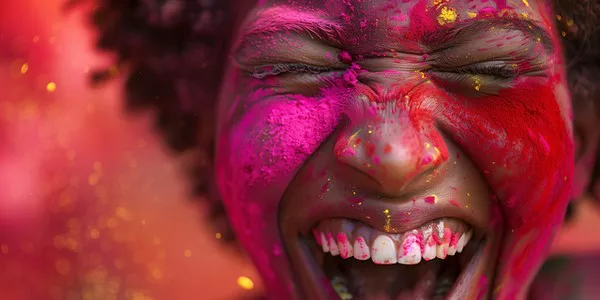Australia, known for its vast landscapes, diverse culture, and spirited people, is a nation that thrives on celebration. Amidst its bustling cities, serene countryside, and ancient Aboriginal lands, festivals hold a special place in the hearts of Australians. Among the multitude of festivals that grace the Australian calendar, one stands out as the epitome of the nation’s cultural identity and communal spirit: Australia Day.
Australia Day: Embracing Unity, Diversity, and Identity
Australia Day, celebrated annually on January 26th, is a day of reflection, commemoration, and festivity that brings together people from all walks of life. It marks the anniversary of the arrival of the First Fleet at Port Jackson in 1788, a significant event in Australian history that laid the foundations of modern Australia.
For many Australians, Australia Day is a time to celebrate the nation’s achievements, embrace its cultural diversity, and reflect on the shared values of freedom, democracy, and equality. It is a day of national pride and unity, where citizens come together to honor the past, celebrate the present, and envision the future.
Origins and Evolution
The origins of Australia Day can be traced back to the early 19th century when it was initially observed as Foundation Day in New South Wales. Over the years, the significance and symbolism of the day have evolved, reflecting the changing dynamics of Australian society.
In 1935, January 26th was officially declared a national public holiday, known as Australia Day, across all states and territories. Since then, it has become an integral part of the Australian calendar, marked by a diverse range of events and activities that capture the essence of the nation’s identity.
Celebrations Across the Nation
Australia Day celebrations take place in cities, towns, and communities across the country, each offering a unique blend of tradition, culture, and entertainment. From vibrant parades and concerts to community barbecues and beach parties, there is something for everyone to enjoy on Australia Day.
In Sydney, the iconic Australia Day Harbour Parade sees a flotilla of boats adorned with flags and banners sail through Sydney Harbour, accompanied by live music and fireworks. In Melbourne, the annual Australia Day Parade showcases the city’s rich multicultural heritage, with colorful floats, marching bands, and cultural performances.
In regional areas, Australia Day is often celebrated with family-friendly events such as picnics, sporting competitions, and community markets. It is a time for neighbors to come together, share stories, and strengthen the bonds that unite them as Australians.
Controversy and Debate
Despite its widespread popularity, Australia Day is not without controversy. For many Indigenous Australians, January 26th represents a day of mourning rather than celebration, as it marks the beginning of colonization and the dispossession of their land and culture.
In recent years, calls to change the date of Australia Day have grown louder, with advocates arguing that it should be a day that all Australians can commemorate without causing pain or division. The debate surrounding Australia Day reflects the complex and often contentious relationship between Indigenous and non-Indigenous Australians and underscores the ongoing process of reconciliation and healing.
Moving Forward: Towards a More Inclusive Future
As Australia continues to grapple with its colonial past and strive towards reconciliation, the significance of Australia Day is being reimagined. While the date itself may remain a point of contention, the spirit of Australia Day – that of unity, diversity, and resilience – transcends any single day on the calendar.
Looking ahead, there is an opportunity to redefine Australia Day as a day that acknowledges the past, celebrates the present, and embraces the future. This may involve shifting the focus from historical events to contemporary achievements, highlighting the contributions of Indigenous Australians, migrants, and multicultural communities to the nation’s identity and success.
Ultimately, Australia Day is not just a celebration of a nation’s history, but a celebration of its people – their stories, their cultures, and their aspirations. By coming together in a spirit of inclusivity and understanding, Australians can ensure that Australia Day truly reflects the values and ideals that unite them as a diverse and dynamic nation.
See also:What Is The Holiday Calendar For Australia
Conclusion
In the tapestry of Australian festivals, Australia Day shines as a beacon of unity, diversity, and identity. It is a day to honor the past, celebrate the present, and envision the future. As Australia continues to evolve and grow, so too will the meaning and significance of Australia Day, serving as a reminder of the shared values and aspirations that bind us all as Australians.

